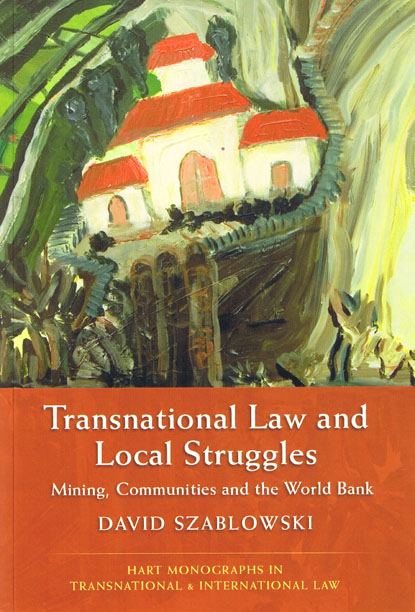
The global spread of transnational mining investment, which has been taking place since the 1990s, has led to often volatile conflicts with local communities. This book examines the regulation of these conflicts through national, transnational and local legal processes. In doing so, it examines how legal authority is being redistributed among public and private actors, as well as national and transnational actors, as a result of globalizing forces. The book presents a case study concerning the negotiation of land transfer and resettlement between a transnational mining enterprise and indigenous peasants in the Andes of Peru. The case study is used to explore the intensely local dynamics involved in negotiations between corporate and community representatives and the role played by legal ordering in these relations. In particular, the book examines the operation of a transnational legal regime managed by the World Bank to remedy the social and environmental impacts of projects which receive Bank assistance. The book explores the nature and character of the World Bank regime and the multiple consequences of this projection of transnational law into a local dispute.